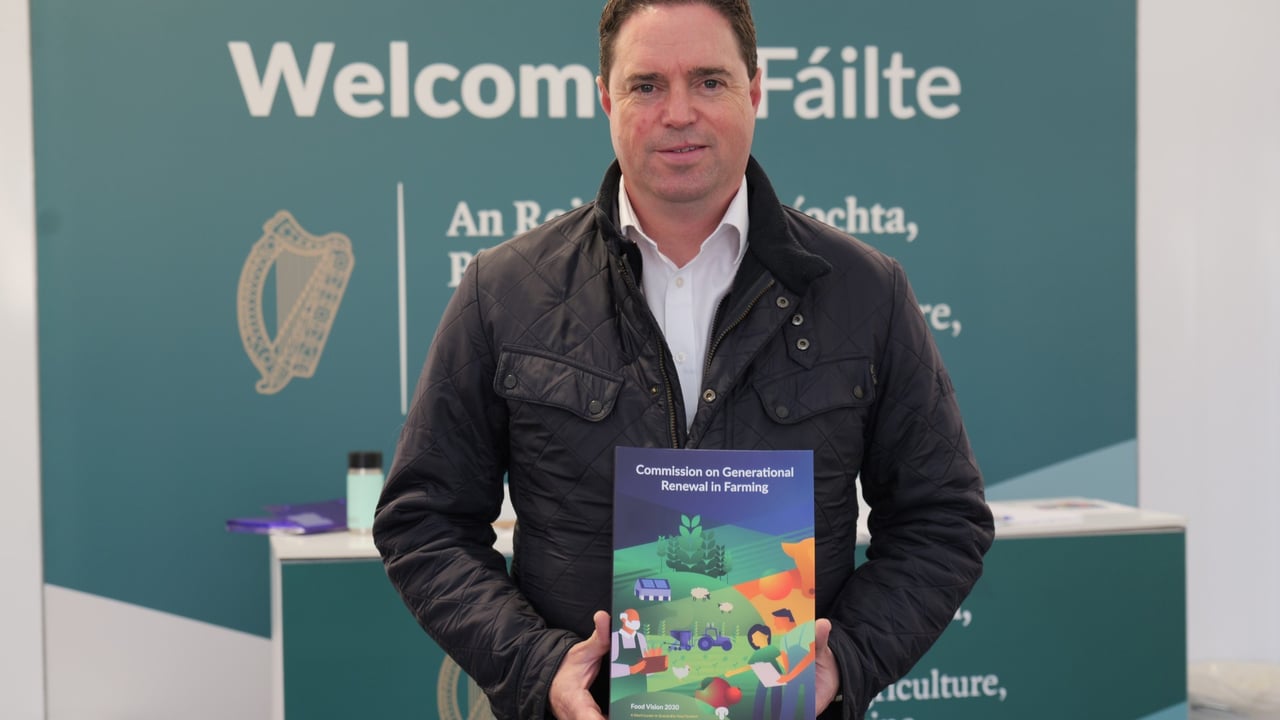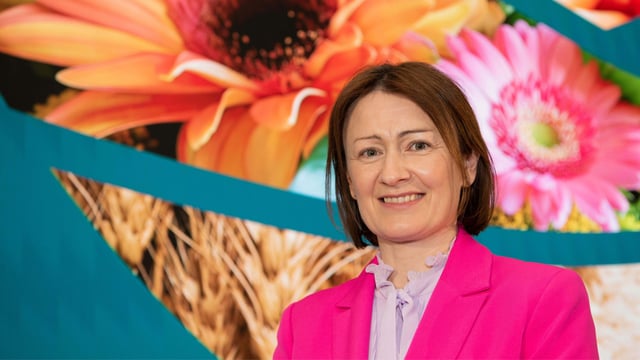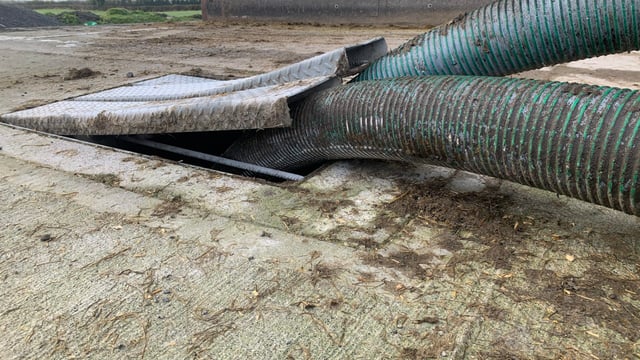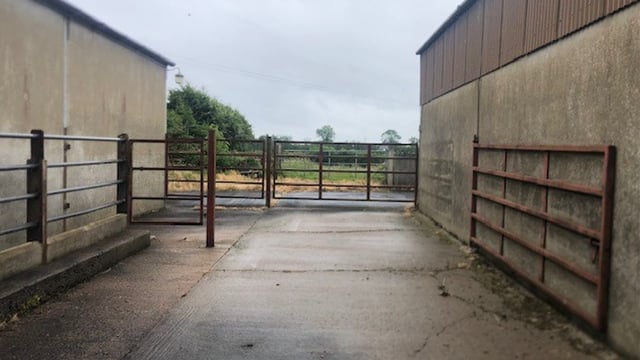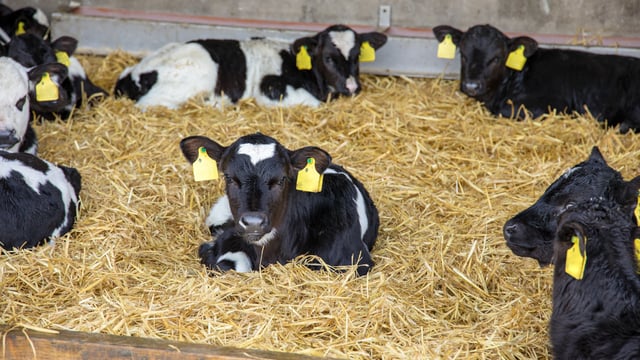Heydon publishes report on Generational Renewal in Farming
Minister for Agriculture, Food and the Marine Martin Heydon has published the report of the Commission on Generational Renewal in Farming.
The Commission on Generational Renewal in Farming was established to examine a range issues in the area of farm succession and barriers to entry into the sector for young farmers, and has completed its work, the minister said.
The new report has made 31 recommendations across a wide range of areas including Common Agricultural Policy (CAP) supports; pensions; taxation; access to finance; access to land; collaborative arrangements; advisory services; education and training; gender balance; and the overall attractiveness of the sector.
An implementation group within the Department of Agriculture, Food and the Marine will consider these recommendations and will engage with agricultural stakeholders and relevant public bodies.
The 31 recommendations from the report are outlined in a list at the end of this article.
The challenge of generational renewal is widely recognised at both a national and EU level, according to the department.
The Programme for Government commits the government to supporting inter-generational farm succession.
Food Vision 2030, Ireland's strategy for the agri-food sector, states that generational renewal in farming is "critically important" to ensure the future viability and social sustainability of the Irish agri-food sector and rural Ireland.
There are a number of supports for generational renewal currently available to farmers under Ireland’s CAP Strategic Plan 2023-2027.
As well as that, there are national taxation measures and access to finance supports, as well as advisory and education and training supports.
Despite those supports, the age demographics of the sector are not improving.
Publishing the report, Minister Heydon said: “Farm succession is a complex issue and there are many factors that impact farmers’ decisions.
"Attracting the next generation of farmers is critical to ensure that the agri-food sector remains vibrant and sustainable into the future and this analysis ensures that we have a comprehensive, well-considered foundation for future policy on generational renewal," the minister added.
Minister Heydon thanked the chair of the Commission on Generational Renewal in Farming, Aidan O'Driscoll, and its members for their work in producing the report.
The recommendations outlined in the report are as follows:
- Increase total CAP support for generational renewal in Ireland, from 3% of the direct payments envelope to at least 8%;
- Introduce a 'Young Farmer Establishment Payment' of up to €25,000 for family successors and new entrants;
- Retain the Complementary Income Support for Young Farmers (CISYF) and National Reserve, with additional conditionality;
- Retain the Young Farmer Capital Investment Scheme under the Targeted Agricultural Modernisation Scheme (TAMS), with additional conditionality;
- Retain the Collaborative Farming Grant Scheme and the Succession Planning Advice Grant, integrated more closely with advisory services;
- Succession Planning should be a compulsory topic on all department-funded Knowledge Transfer Programmes;
- Introduce of a 'Generational Renewal' payment of up to €25,000 for older farmers, integrated with the 'Young Farmer Establishment Payment';
- Consider new supports for older farmer, such as community-based peer networks and diversification projects, and explore the formation of a national social organisation;
- Flexibility in EU regulation on pension conditionality for basic payments;
- All future CAP schemes should be young farmer and new entrant proofed;
- Data on demographics (age and gender) should be collected across the range of supports and schemes;
- Raise awareness among farmers around retirement planning;
- Address inequities in PRSI coverage by requiring children, spouses and civil partners working on family farms to make lifelong PRSI contributions, and examining transitional provisions for the self-employed currently in the system;
- Including farmers in pension auto enrollment;
- Improve and align information on pensions, social welfare benefits and the Nursing Homes Support Scheme;
- Agricultural Relief should remain available to farm families, with significant stakeholder engagement by Department of Finance if changes are to be made;
- Examine extending the Favourite Nephew or Niece Relief to grandchildren;
- Extend the timeframe for the stamp duty reliefs;
- Remove the three-year requirement for Succession Farm Partnerships;
- Expand access to Finance by prioritising young farmers in government-backed loan schemes;
- Explore additional innovative loan schemes that could be delivered nationally;
- Work with existing finance providers, including the main banks and the credit unions, to support the needs of young farmers;
- Establish a nationwide land service to provide options for landowners and opportunities for young farmers and new entrants;
- Review and reduce any administrative burdens associated with setting up farm partnerships, and in accessing public supports;
- Promote share farming as a viable option for those farmers wishing to scale back but with no successor;
- Teagasc advisory services should develop a dedicated generational renewal programme;
- All agri-food stakeholders should promote generational renewal in farming, including farm organisations, co-ops, processors and private advisors;
- Ensure that generational renewal is embedded in the implementation of the Teagasc Education Strategy 2025–2030;
- Promotion of agriculture in schools should continue to be supported;
- Promote and normalise female succession, including the consideration of any changes required to policy, taxation, legislation and schemes;
- Change the national discussion on farming to positively support environmental, social and economic sustainability, and to enhance the image of farming as a career.

